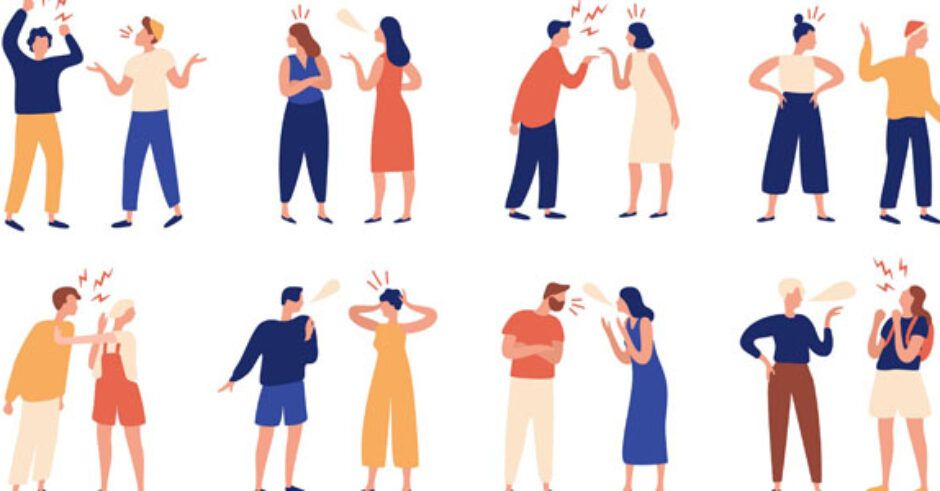I’ve had the privilege of watching and working with many senior leadership teams over the years. One of the things that I find most interesting is watching to see what happens when there are disagreements in the team. In the worst scenarios decisions are overly personalised, arguments are one sided, and relationships are strained as a result. The best of these teams understand how to handle disagreements whilst strengthening relationships through the process of robust and respectful discussion. And in these best-case situations, they are still able to move towards the best outcome for the organisation.
These of course are fairly polarising examples. What you might recognise in teams that you have observed or are a part of is that when a disagreement occurs a few things might happen:

So, what can be done to ensure that teams know how to handle disagreement well? From a process perspective, there are lots of solutions including having a decision-making methodology, having well established and respected governance and escalation processes. But, the most effective way to ensure that disagreements don’t lead to inaction or meltdown is to help the team get to know one another.
What I don’t mean here is knowing which football team one another support, how many kids people have or what each other’s favourite holiday destinations are — these are all quite superficial. I mean knowing each other at a deeper and more visceral level. Understanding the values that each member of the team holds dear. This will give insight as to what’s important to them and what’s important to you. It will help ensure that you know them. It allows you to interact with them more meaningfully, and perhaps, more respectfully. It doesn’t mean that disagreements won’t happen, but it means that when they do happen you have a level of insight as to where the other person is coming from. When the team is aware of who each other truly are they will understand how to work together much more effectively.
This is just one of the ways that teams can build a sense of alignment that can help see them through tough decisions. What are some other ways that teams can learn to disagree appropriately?


